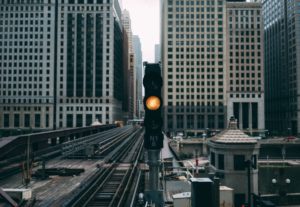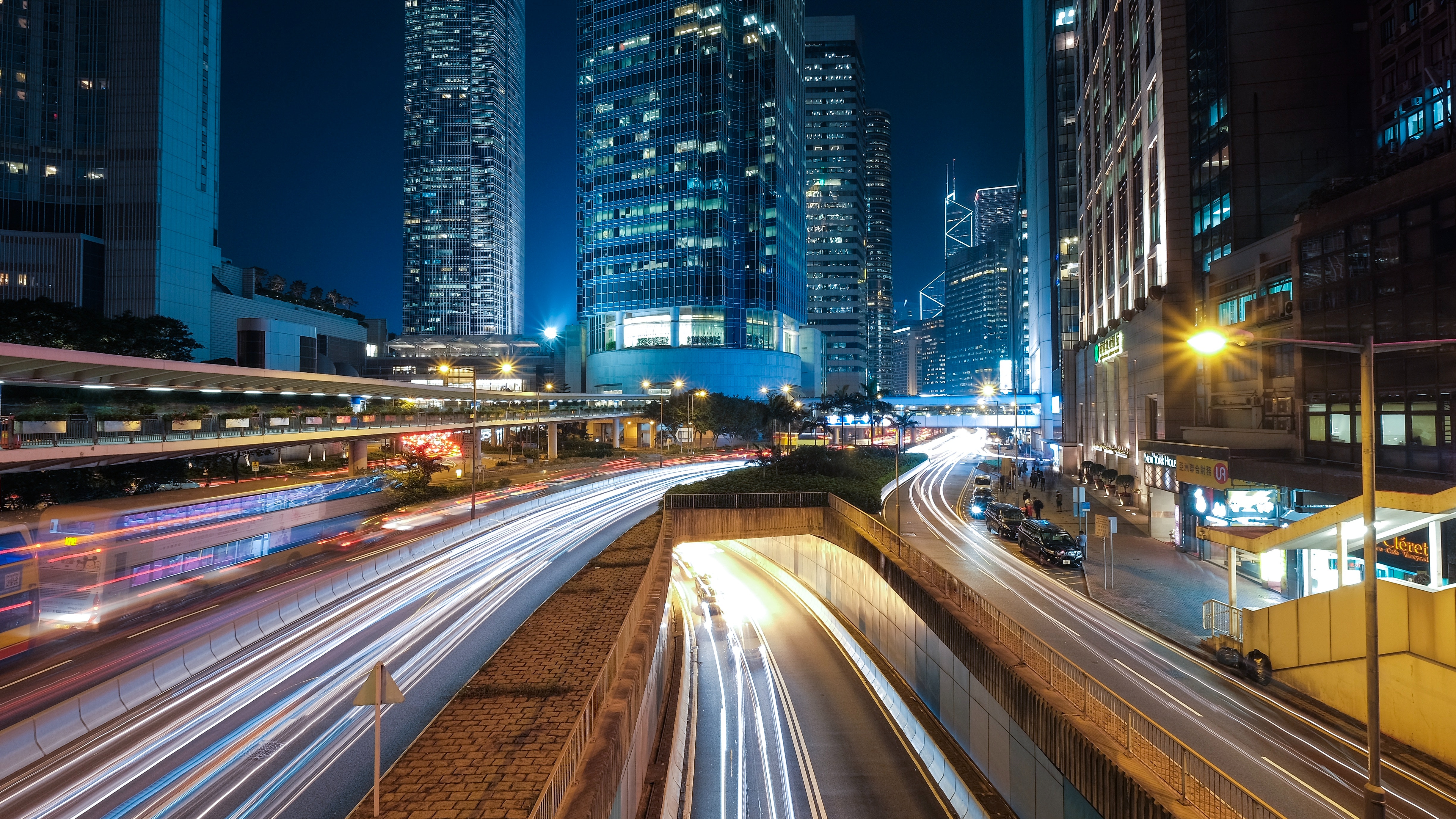We all have our path of most resistance when we are running late.
For some, it is an eight-lane freeway, longing for eight more, funneling thousands of spiraling people towards the same exit ramp. For others, it’s the spacious 25 mph section, the speed “hills” within a parking lot, or the annoyingly relaxed pedestrian strolling across the street at the worst possible time. Or maybe it is jumping onto a train as the doors are closing, preparing for a track-star sprint upon arrival at the final destination.
 My route is littered with traffic lights every half mile, perfectly mistimed to create a direct path towards insanity. I often daydream of sitting down with the south Denver traffic department to present my brilliant plan of traffic light sensors, seemingly utilized in every city except ours.
My route is littered with traffic lights every half mile, perfectly mistimed to create a direct path towards insanity. I often daydream of sitting down with the south Denver traffic department to present my brilliant plan of traffic light sensors, seemingly utilized in every city except ours.
I often convince myself that the traffic lights are the problem behind my frantic, swearing-under-my-breath, daily race to my destination. But ironically, the maddening traffic lights are incredibly consistent and predictable. Almost as if I could plan accordingly.
Hurry has Consequences
My innate striving for efficiency, and fear of missing out on a moment or opportunity, often leave no margin for the slightest error. I know I can fit it all in as long as the world cooperates and remembers my place at the center of the universe.
Google maps says 17 minutes. I left 16 minutes before my scheduled meeting, but obviously not my fault. “Not a problem at all, as long as I hit the lights right… yellow!! Ok, ok. Come on, hurry up, turn green.”
I now spend the rest of my drive trying to cut some time through slightly increased speed, changing lanes as if Nascar might call, and praying for the lights to cooperate. All while checking the clock between two and seven times per minute.
Even if I somehow celebrate an on-time arrival, I have to grieve that I completely lost the last 16 minutes. I didn’t talk to anybody in the car. I didn’t notice the beautiful and complex world around me. I didn’t prayerfully think through what I’m walking into when I arrive, or really allow thoughtful reflection of any kind.
I just obsessed on how to shave off as many nano seconds as possible. Hurry shuts down many capacities that are vital for partnering with God throughout the day: observation, reflection, and listening.
Hurry is not bad, but it robs us of the opportunity for good. There are internal consequences we often don’t realize.
 It starts with small choices
It starts with small choices
I have a full life, and luckily the blessings far outweigh the burdens. With three kids, a job, and many activities vying for a spot in the shared google calendar, the moments are claimed quickly.
But a full life does not require feeling busy. Or hurried. I have a lot of little choices each day that can make a big difference.
What if I said no to something good because I recognize it would strain the rest of the day’s “goodness”? And trust that my career, friendships, and joy will somehow survive?
What if I aimed to arrive 5 min. early to everything? And instead of staring at my phone or cramming in a to-do item, I filled the space with reflection, prayer, or conversation?
What if I blocked out time each day or week, labeled it “nothing”, and protected it like a non-negotiable?
I recognize that some jobs do not allow this, and every situation is different, but how can we each create margin in our lives. For no other reason than to breathe, relax, and allow God to reveal the unexpected invitation.
To put it in the wise words of Dallas Willard, we must “ruthlessly eliminate hurry from our lives” if we want to be spiritually healthy.
We can still be productive, and a catalyst for God’s kingdom, without saying yes to everything. We must face our fear of wasting time in order to create space for God to occupy. This path often meanders through uncomfortable boredom, but we must resist the urge to fill the opportunity before God does.
How can you eliminate hurry in your life? And create some margin for God’s voice?
